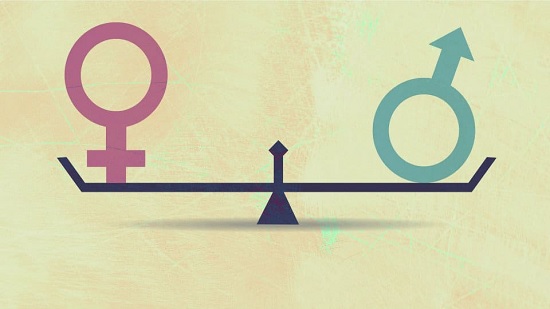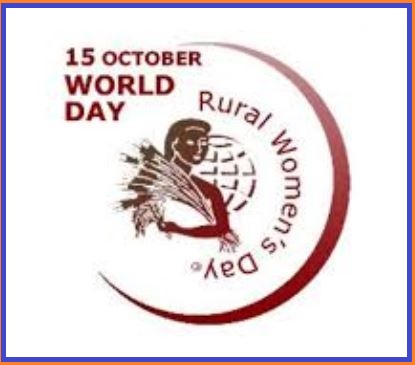Updated By: LatestGKGS Desk
Laws for Indian Women Empowerment, Domestic Violence Act, Dowry Prohibition Act

In order to make women more empowerment in society, the government has enacted laws like the Domestic Violence Act (2005), Dowry Prohibition Act (1961), Hindu Marriage Act (1955) and Minimum Wages Act (1948).
Minimum Wages Act (1948): - This act does not allow discrimination in the wages between the male and female workers and the minimum wages they receive.
The Khan Act (1952) and the Factory Act (1948): - Both of these provisions provide that the women are entitled to 7 P.M. To 6 A.M. It is also mandatory to work with them in the middle of work and also to take care of their safety and welfare during the work.
The Hindu Marriage Act (1955) has the provision of keeping a single spouse at one time. Both women and men have been given equal rights in relation to divorce and marriage.
In the Hindu Succession Act (1956), women have been given equal rights in the property of their parents in the property of the parents, i.e. if the girl wants to divide the rights of her father's property.
The Immoral Body Trade (Prevention) Act (1956) provides for the prevention of trafficking of women and girls for sexual exploitation.
Dowry Prohibition Act (1961): - Before the marriage by this act.
National Women's Commission Act (1990): - The government constituted this Commission to study and monitor all the matters relating to women's constitutional and legal rights and other safeguards.


